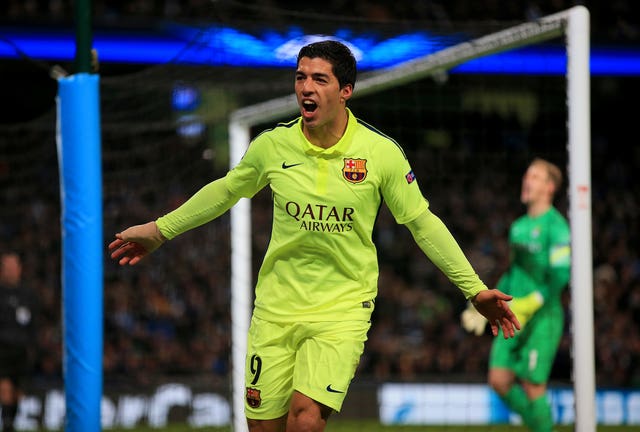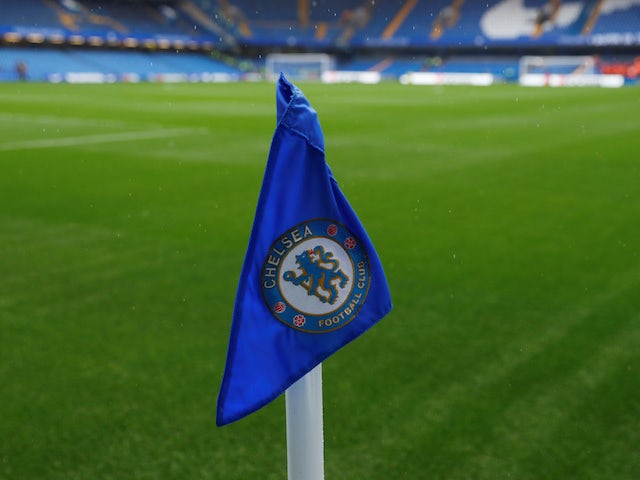Chelsea have been banned from signing players for the next two transfer windows, until July 2020, after being found guilty of breaching regulations relating to the recruitment of minors.
Here, Press Association Sport looks at the pertinent questions relating to the Blues' punishment.
What has happened?
The FIFA Disciplinary Committee has sanctioned the English club Chelsea FC and The Football Association for breaches relating to the international transfer and registration of players under the age of 18. Read more on @FIFAcom ▶️ https://t.co/iTpcozM7Mz
— FIFA Media (@fifamedia) February 22, 2019
FIFA's disciplinary committee has imposed a two-window ban on Chelsea registering new players for breaches of regulations relating to the transfer of 29 players aged under-18. Chelsea were also fined 600,000 Swiss francs (over £460,000) and the Football Association was fined 510,000 Swiss francs (over £390,000). Chelsea also twice breached regulations relating to third-party influence, FIFA said.
What are the regulations?
FIFA regs breached by Chelsea (pages 22 and 20): https://t.co/W2CMLPwj6w pic.twitter.com/WZvqcAH26n
— Matt McGeehan (@mattmcgeehan) February 22, 2019
FIFA regulations prohibit the international transfer of players under 18, unless in specific circumstances not related to football. Players aged over 16 are permitted to move within the European Union providing set criteria are met. The regulations are in place for safeguarding purposes to protect children.
How did this happen?

In January 2016, the Press Association reported suspected irregularities in the recruitment by Chelsea of Bertrand Traore. Traore officially joined Chelsea on January 1, 2014, signing a four-year deal on the first day of the transfer window opening following his 18th birthday, on September 6, 2013. However, he had appeared as a trialist on the July 2013 pre-season tour and pictures emerged of him playing for Chelsea under-18s in October 2011 in an apparent breach of FIFA regulations. FIFA on Friday would not say if Traore was one of the 29 players whose signing resulted in the sanction, but it aroused suspicions which prompted the investigation.
What happens next?
Chelsea Football Club has today issued the following statement. https://t.co/V4HBdmdcyr
— Chelsea FC (@ChelseaFC) February 22, 2019
Chelsea have announced their intention to contest the sanctions, which the club categorically denies. Chelsea said 63 of 92 cases did not amount to breaches and expressed disappointment at the FIFA disciplinary committee's findings. The appeal will initially be heard by FIFA's appeal committee, but there are further avenues for appeal, including at the Court of Arbitration for Sport. Any delay would allow Chelsea to make signings, so the depths of owner Roman Abramovich's pockets and his commitment to the club – which sources insist is not wavering, contrary to reports – could be tested this summer. The FA also intends to appeal against the punishment.
Is there precedent for this?

Yes. Chelsea are by no means the only club involved. Real Madrid, Atletico Madrid and Barcelona have all been punished by FIFA for breaching similar regulations. Barca were unable to sign players in 2015, but contesting the ban allowed them to embark on a summer splurge in 2014. Real Madrid had their ban reduced to one winter window, so it had limited impact. Atletico served a two-window suspension.
What does this mean for Chelsea?

This could be seen as an opportunity for Chelsea, who have struggled to balance the demands of financial fair play regulations and promote players from their staggeringly successful academy. That academy success may in part be due to the nefarious activities for which the FIFA punishment has been doled out. However, there could be a blessing in disguise, allowing the Blues to temper expectations and promote young talent. The Blues can still sell players in the period of the suspension.
ga('create', 'UA-72310761-1', 'auto', {'name': 'pacontentapi'});
ga('pacontentapi.set', 'referrer', location.origin);
ga('pacontentapi.set', 'dimension1', 'By Matt McGeehan, Press Association Sport');
ga('pacontentapi.set', 'dimension2', '12b7af3c-299f-419a-befd-c3c532ffe733');
ga('pacontentapi.set', 'dimension3', 'paservice:sport,paservice:sport:club-news,paservice:sport:football,paservice:sport:uk');
ga('pacontentapi.set', 'dimension6', 'story');
ga('pacontentapi.set', 'dimension7', 'composite');
ga('pacontentapi.set', 'dimension8', null);
ga('pacontentapi.set', 'dimension9', 'sport:football');
ga('pacontentapi.send', 'pageview', { 'location': location.href, 'page': (location.pathname + location.search + location.hash), 'title': 'Chelsea transfer ban Q&A'});








